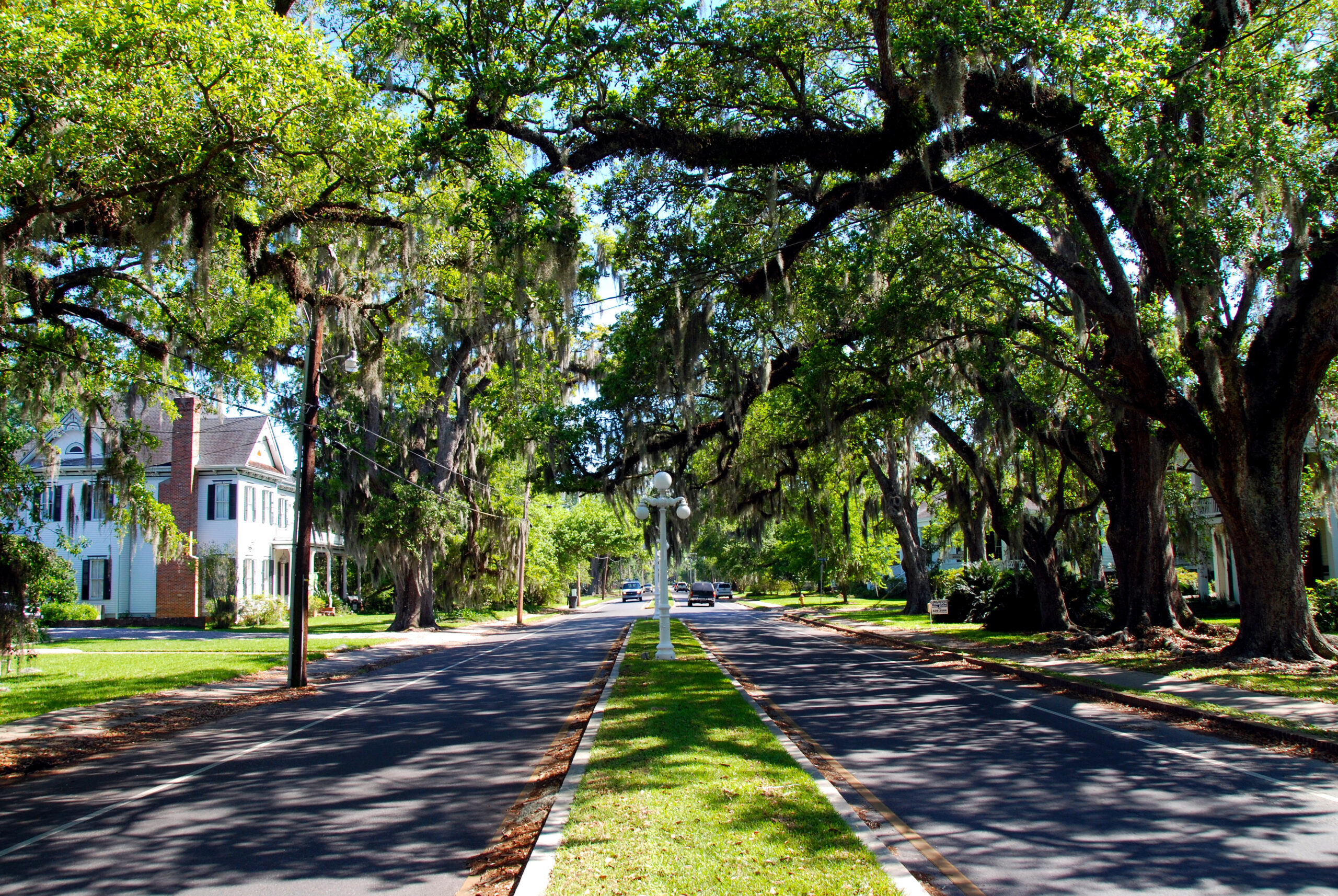
Edward J. Lopez: Internet for All Won’t Happen Without Real Pole Access Reform from the FCC
To help close the nation’s digital divide, Washington lawmakers passed the $42.45 billion Broadband Equity, Access, and Deployment (BEAD) program. But even with this massive influx of funding, needless barriers to broadband expansion continue to hinder what should be a historic opportunity to achieve “Internet for All.” The Federal Communications Commission (FCC) is well-positioned to remove these barriers.
As states rush to outline their BEAD spending plans, time is of the essence. In an extensive economic study, economist Patricia D. Kravtin and I estimate that each month of delayed broadband expansion costs Americans between $491 million to $1.86 billion in foregone economic gains. The FCC can help connect all Americans by taking explicit action now.
Broadband providers need practical and fair access to utility poles, otherwise cost-effective and speedy deployment of broadband infrastructure will not happen. But deployment is delayed when certain pole owners inhibit or outright prevent pole attachments. The problem is that most communities have a single network of utility poles, and in rural areas it can take up to 10 poles to connect just one household or business. This economic reality creates a concentration of power in pole owners, and offsetting that is partly why utilities are regulated in various ways. When it comes to pole attachments, however, existing rules leave scope for pole owners to partake in opportunistic behavior that harms currently unserved communities.
It is already complex and costly to extend broadband infrastructure through our country’s diverse, largely rural terrains, including the tough Appalachian granite beneath where I live in Western North Carolina. Too often, pole owners compound the problem by imposing harmful delays and passing their own costs onto attachers. In rural areas, “make-ready” and pole replacement costs can comprise up to one-third of total broadband buildout costs. Broadband deployment is also delayed by time-consuming pole attachment applications, slow and uncertain timelines, and arbitrary restrictions that sometimes set aside standard construction procedures.
Broadband providers remain willing to pay their fair share of pole attachment and replacement costs. And utilities should be fully compensated for the costs of accommodating attachment requests—their rate-payers deserve nothing less. But economically infeasible costs and delays mean that broadband providers cannot utilize government funds to connect unserved communities as intended. This only keeps those communities stuck on the wrong side of the digital divide.
The FCC has the opportunity to take meaningful action that addresses these excessive costs and needless delays so providers can maximize the use of federal broadband funds. Although the FCC opened a proceeding three years ago to remove pole attachment barriers, the Commission only recently released draft guidance. Based on my research, in the 40 months FCC has waited, Americans have lost tens of billions worth of foregone economic gains. Elected officials like West Virginia Senator Shelley Moore Capito have rightfully urged the FCC to delay no longer on meaningful reform.
Specific FCC guidance should call for clearly defined pole attachment application standards with enforceable timelines for projects of all sizes. Guidance should also provide for efficient and fair cost allocations between pole owners and broadband providers. Ideally, new “cost causation” rules would also clarify the incremental costs of attachment versus the utility’s internal facilities and upgrade costs.
Washington’s unprecedented public investment in broadband expansion deserves a shot. Real pole access reform from the FCC would remove barriers that have stymied universal connectivity for years.
Edward J. Lopez is Professor of Economics and Truist Distinguished Professor of Capitalism at Western Carolina University.